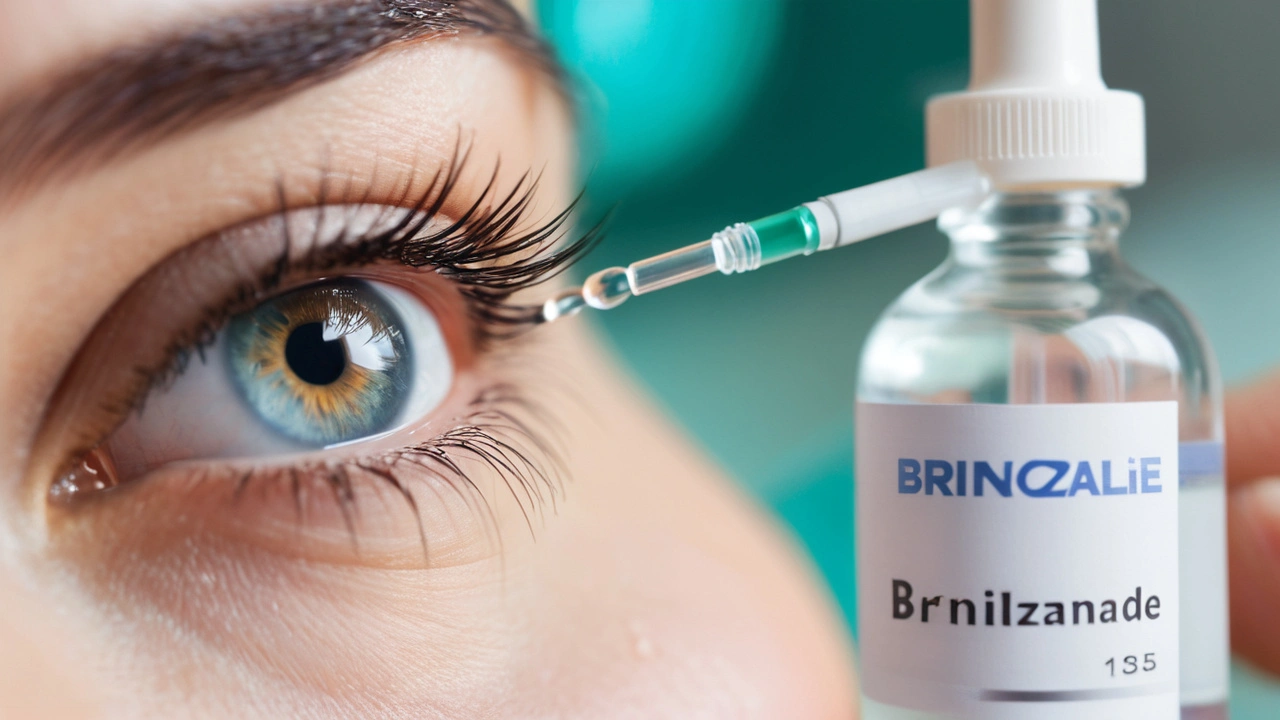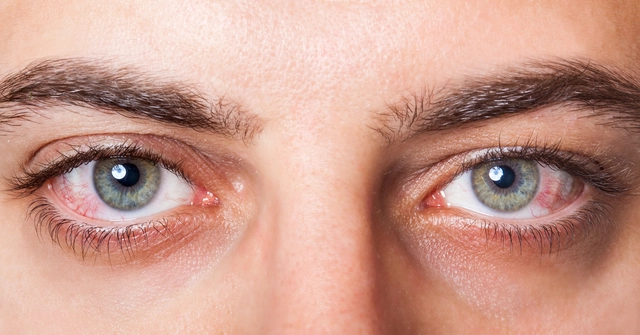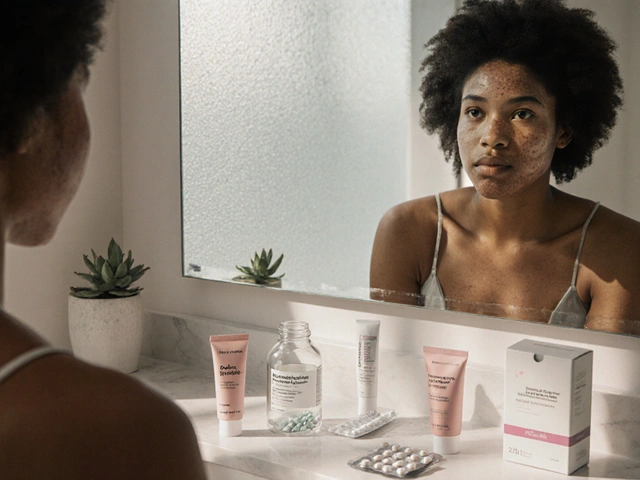Eye Health: Simple Steps to Protect Your Vision
Your eyes do a lot — about 80% of what you notice comes through vision. Small habits make a big difference. This page gives clear, practical steps you can use today to keep your eyes working well and to spot problems early.
Common issues include dry eye, eye strain, infections, cataracts, glaucoma, age-related macular degeneration, and diabetic retinopathy. Some problems build slowly with no pain, so screening matters. Others show up fast: sudden vision loss, flashes, or intense pain mean get help now.
Daily habits that help
Take screen breaks. Follow the 20-20-20 rule: every 20 minutes look 20 feet away for 20 seconds. Blink often to keep the tear film healthy, and use a humidifier if your home is very dry. Wear sunglasses that block 100% UVA/UVB when you're outside; UV light speeds cataract and surface damage.
Eat with your eyes in mind: leafy greens (spinach, kale), orange peppers, fish with omega-3s, eggs, nuts, and citrus. Lutein, zeaxanthin, vitamin C, vitamin E, zinc, and omega-3s show benefits in trials for macular health and dry eye. Don't smoke — tobacco raises the risk of many eye diseases.
Control chronic conditions. High blood pressure and diabetes damage the tiny blood vessels in the eye. Keeping blood sugar and blood pressure in range lowers risk of diabetic retinopathy and other vascular problems. Regular exercise, a balanced diet, and following your doctor's plan help both your body and your vision.
When to see a professional
Adults under 60 with no symptoms should still get a baseline eye exam every two years, or yearly if you wear glasses or contacts. People over 60, diabetics, and anyone with a family history of glaucoma need exams more often. If you notice sudden changes — flashes, lots of new floaters, sudden blurred vision, double vision, or severe eye pain — seek urgent eye care.
Talk to your eye doctor about medications and side effects. Many drugs can affect vision or cause dry eye. For example, some acne and blood-pressure medicines list vision changes as possible side effects. If a medicine makes your eyes dry or red, don't stop it on your own; ask your prescriber for alternatives or supportive treatments like artificial tears.
Protect contacts and treat infections quickly. Always follow contact lens care instructions. Redness with pain or light sensitivity can signal infection — prompt treatment prevents scarring. For allergies, simple antihistamine drops can help, but persistent symptoms deserve a medical check.
Small changes add up. Swap sunglasses, take screen breaks, eat a few extra greens each week, and book regular checkups. That simple mix of habits and timely care keeps most people seeing clearly longer. Use trusted sources and talk to your clinician when you have questions — eye health responds well to prevention and early action.
If you wear medication that lists vision risks, ask about monitoring plans and simple fixes. Small tests catch trouble early. If unsure where to start, your primary care doctor can point you to an eye specialist.




